Obituary: Granville Conner Henry III
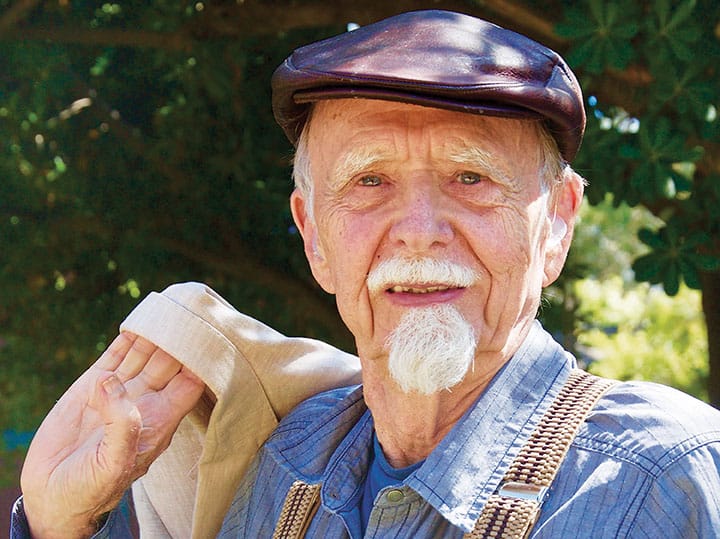
Granville Conner Henry III
Professor, scholar, believer in the creator and science, artisan
Granville Conner Henry III died a year ago on July 28, 2021, at the age of 89. Granville was a Southerner who became both a Westerner and a Midwesterner.
He was born on January 26, 1932, in Cordele, Georgia, to Granville Conner Henry II and Marion Barker Henry. His family moved often during the Depression and eventually settled in Atlanta. The woods, streams and rivers were a key part of his childhood. In high school he and some friends navigated boats over 350 miles down the Ocmulgee and Altamaha rivers to the Atlantic Ocean, receiving local hospitality along the way. As a Boy Scout, he achieved the rank of Eagle Scout.
After graduating from Decatur Boys High, Henry attended Georgia Tech, where he medaled in track. He transferred to Duke University on an NROTC scholarship, earned a B.A. in physics, and then served in the United States Navy with the Sixth Fleet. Some of his fellow officers had him “translate” the southern speech of sailors they couldn’t understand. While stationed in Seattle, he met Tess Turnbull. They married in 1957 and lived in Atlanta where he attended Emory University. Henry earned a Bachelor of Divinity from Emory’s Candler School of Theology when he was teaching high school science full time. He served as a minister at two Methodist churches in Georgia in Paces Ferry and Hickory Flat while he earned a master’s in mathematics from Emory.
Three daughters, Lydia, Mary, and Marion (who was called “Cherry” as a child), were born in Atlanta.
In 1961, his family drove to Claremont in a used VW bus towing a U-Haul trailer to attend Claremont Graduate School, now Claremont Graduate University, where he earned a Ph.D. in religion. Henry had a U.S. Department of Defense grant to study the relationship between science and religion and chose Claremont to study under noted theologian John Cobb, one of his teachers at Emory.
He and his wife delivered their son Conner by themselves in the hospital during this time when the doctor didn’t show up on time.
Henry then joined the faculty of Claremont Men’s College, now Claremont McKenna College, and taught courses in mathematics, logic, philosophy, and religion. He spent the rest of his professional career at CMC where his specialty was the relationship between science and religion. His books include “Logos: Mathematics and Christianity Theology, “Forms of Concrescence,” “The Mechanism of Freedom and Logic,” and “Christianity and the Images of Science.” Henry was actively involved with the Center for Process Studies at the Claremont School of Theology and strongly believed in both science and the creator.
Religion was central to his life. He was a member of Christ Church Parish, an Anglo Catholic (Episcopal) church in Ontario for 35 years, where he was a deacon and served as senior warden several times. He then became a Roman Catholic and joined Our Lady of Assumption in Claremont, where he was a lector, before transitioning to the Catholic community at the McAllister Center of the Claremont Colleges. Shortly before his death, he returned to Christ Church Parish and planned to divide his time between Christ Church and McAllister when COVID restrictions were lifted.
In addition to the woods and rivers, he loved the desert, especially the high desert. In the 1970s, he converted the family’s VW Bug to a Baja dune buggy to explore and go prospecting for minerals and rare earths. During the summer while his children were growing up, the family drove to the Deep South to visit his parents and then to countryside south of Dassel, Minnesota, where the family of his wife had been since the 1880s. They restored an old farmhouse, and in the late 1970s, saved the town’s historic railroad depot. He sawed it in half before it was moved next to the farmhouse. The family turned it into a home where he and his wife continued to spend their summers. He took great joy in seeing his grandchildren grow up and being able to attend the sports activities of another generation.
Towards the end of his life, he was an artisan and made hundreds of walking sticks and two didgeridoos out of discarded yucca and agave stalks from the Rancho Santa Ana Botanic Garden, now California Botanic Garden. Like his religious beliefs, the walking sticks represented youth, glory, death, and resurrection.
Life was a gift to him. After five heart attacks — the first at 48 — he said he was living on free time.
On July 28, 2021, he died quickly and peacefully in Hutchinson, Minnesota. The last two weeks of his life were spent in Minnesota at his depot home. He was so happy to walk in the woods and go fishing. His funeral was held on August 4, 2021, at the First Swedish Independent Baptist Church of Collinwood, a small country church south of Dassel, Minnesota. He was buried in the Pioneer Cemetery there with his wife Tess, to whom he was married for 62 years and who predeceased him on New Year’s Day, 2020.
He is survived by his children Lydia Henry, Mary Haney, Marion Matthews and spouse Brian Marvin, and Conner Henry; grandchildren Conner Haney, Henry Falotico, Mary Kate Arceo and spouse Steven Arceo, and Jacob Henry; and great-grandchild Nora Arceo.
He never lost his Southern accent, his curiosity, and passion to study and rejoice in the natural world and his religion.
Memorial Contributions may be made by check to The Pioneer Cemetery Association, P.O. Box 249, Cokato MN 55321, Attention: Bernelle Hansen.
The family may be reached through Lydia Henry, 223 Brooks Avenue, Claremont, CA 91711.

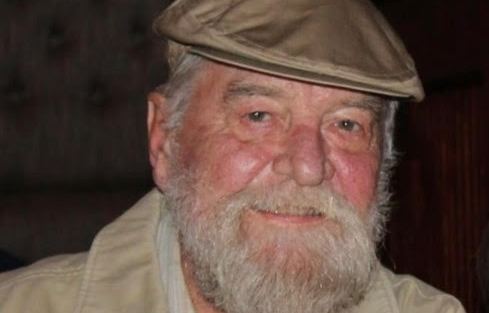
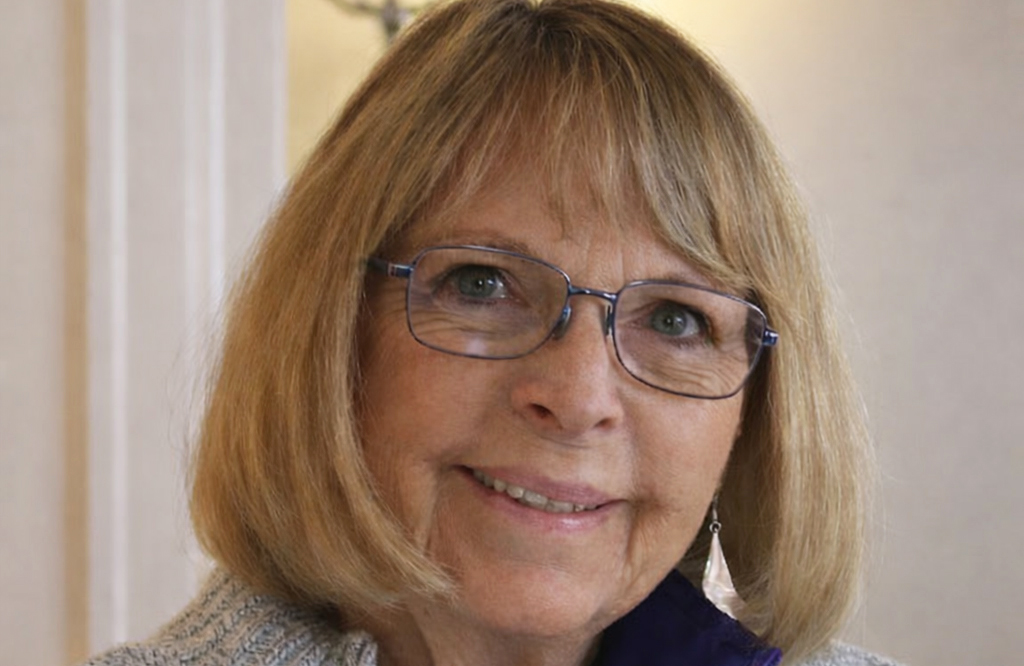
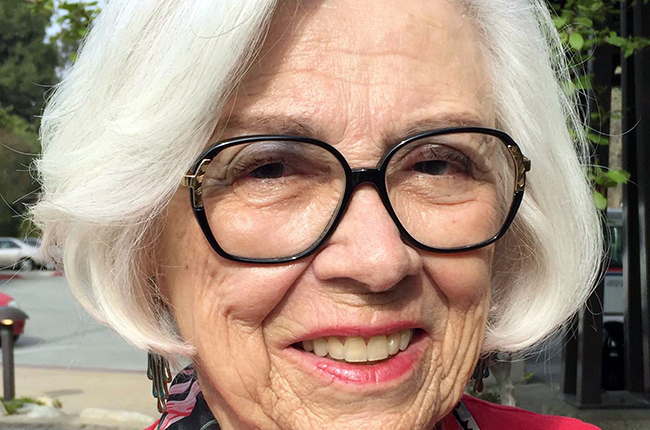
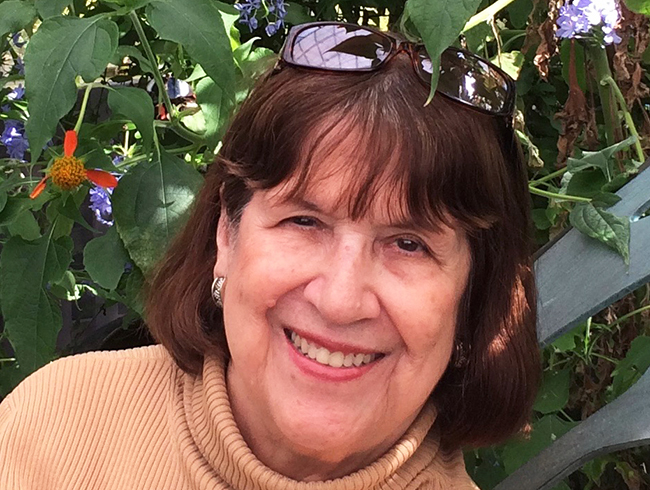
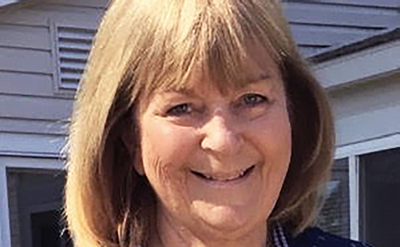
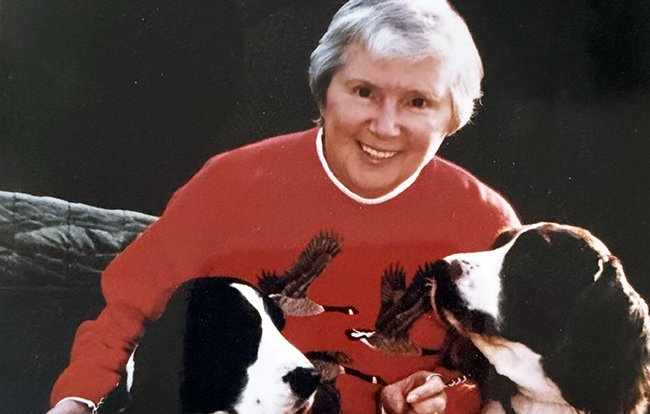

0 Comments